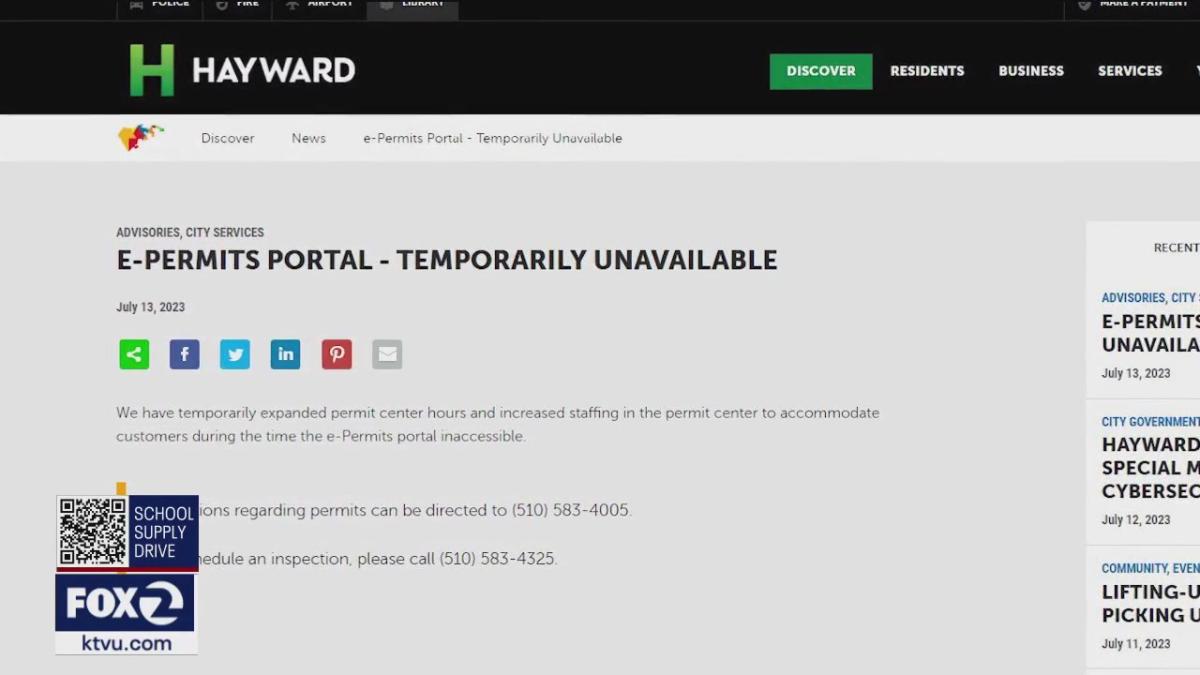New Emergency Google Chrome Security Update—0Day Exploit …

Google has confirmed that a zero-day security vulnerability in its Chrome web browser is being actively exploited and has issued a rare emergency security update in response. Although Chrome security updates are not, per se, the rarest of beasts, updates that fix a solitary, actively exploited, 0Day vulnerability are far from the norm. You can be sure that when such an emergency security update drops, it’s time to take it seriously and ensure your browser has been protected.
06/08 update below. This article was originally published on June 6.
In a June 5 announcement posted to the Chrome releases blog, Google confirms that the desktop application has been updated to version 114.0.5735.106 for Mac and Linux and 114.0.5735.110 for Windows. All of which, Google says, will “roll out in the coming days/weeks.”
Although the announcement says that two security fixes are included in this update, only one is actually detailed: CVE-2023-3079. The other falls into the routine found by fuzzing and internal audits category, and these are never deemed important enough to detail in the update postings.
CVE-2023-3079 is a type confusion vulnerability in the V8 JavaScript engine and Google’s own Threat Analysis Group discovered the vulnerability. While that is all the technical information that Google is releasing at the moment so as to allow time for the update to be rolled out to as many users as possible first, there is one published detail that is critical. “Google is aware that an exploit for CVE-2023-3079 exists in the wild.”
Which means that you shouldn’t play the waiting game, but instead go check that your browser has, indeed, been updated. The very act of going to check on your Chrome version number will kickstart a download and installation of the security update if it has reached you already. However, to activate the update, you must restart the browser. This latter point is crucial for those of you who tend to run with dozens of tabs open and rarely close the browser at all.
CVE-2023-3079 is the third zero-day of 2023 for Google Chrome. It poses a significant risk, according to Mike Walters, vice-president of vulnerability and threat research at…



